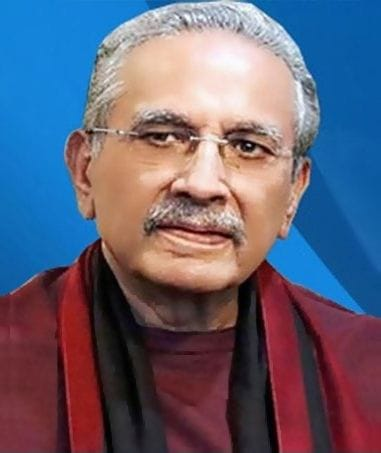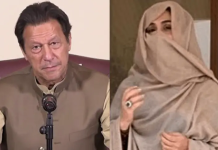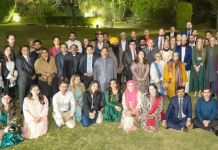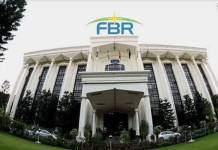ISLAMABAD, JULY 17 (DNA):Pakistan’s relentless surge in petroleum prices is not just a concern, but a pressing issue that is pushing families towards economic collapse and systematically eroding industrial and agricultural competitiveness, prominent financial analyst Shahid Rasheed Butt said Thursday.
The former president of the Islamabad Chamber of Commerce criticized government policymakers for treating fuel pricing as a convenient “fiscal shortcut” that destabilizes the broader macroeconomic foundations. During discussions with the business community, he emphasized how petrol has transformed from a basic necessity into a daily financial burden, driving up transport costs, electricity bills, and prices of consumer goods nationwide.
“The common man is struggling to make ends meet while everything around him becomes increasingly unaffordable,” the business leader stated, underlining the absence of genuine efforts to establish transparent pricing mechanisms.
Current inflation statistics reveal fuel costs disproportionately impact rural communities and small enterprises, widening economic inequality while choking essential supply chains. When core production inputs become prohibitively expensive, even modest economic recovery becomes impossible, according to comprehensive business sector analysis.
Shahid Rasheed Butt demanded immediate suspension of further price increases until sustainable pricing structures can be developed. His policy recommendations include reducing petroleum levies, renegotiating import contracts, controlling IPPs, and accelerating cleaner energy adoption to alleviate mounting economic pressure on consumers.
The seasoned economic commentator delivered sharp criticism of power distribution companies’ artificial revenue extraction mechanisms, specifically targeting already burdened consumers. These entities prioritize profit generation over genuine service and solutions, he argued.
Meanwhile, the IMF’s objection to Pakistan’s duty-free sugar imports represents a significant challenge to the sugar cartel. This intervention directly threatens the sugar cartel’s price manipulation capabilities and may benefit consumers.
He stated that the influential ghee mafia is blackmailing the government over tax measures. He lauded the decision of a religious party to launch a protest against the exploitation of farmers by the sugar mafia, vowing to stand with the agricultural community against economic injustice.
The party has accused the ruling elite of denying the public access to necessities and quality education. The party’s criticism is rooted in the perceived inequality in the education system, where the elite have access to quality education, often abroad, while nearly three million children are out of school nationwide.
Without a comprehensive, reform-oriented policy approach, Pakistan is not just at risk of recurring fiscal crises and deeper social unrest, but is inevitably heading towards these outcomes, as Butt warned.
The convergence of fuel price hikes, power sector exploitation, and international financial pressure creates a perfect storm threatening Pakistan’s economic stability and social cohesion. If not addressed promptly and effectively, this could lead to a deepening of the economic crisis, increased social unrest, and a further deterioration of living standards for ordinary citizens.

















